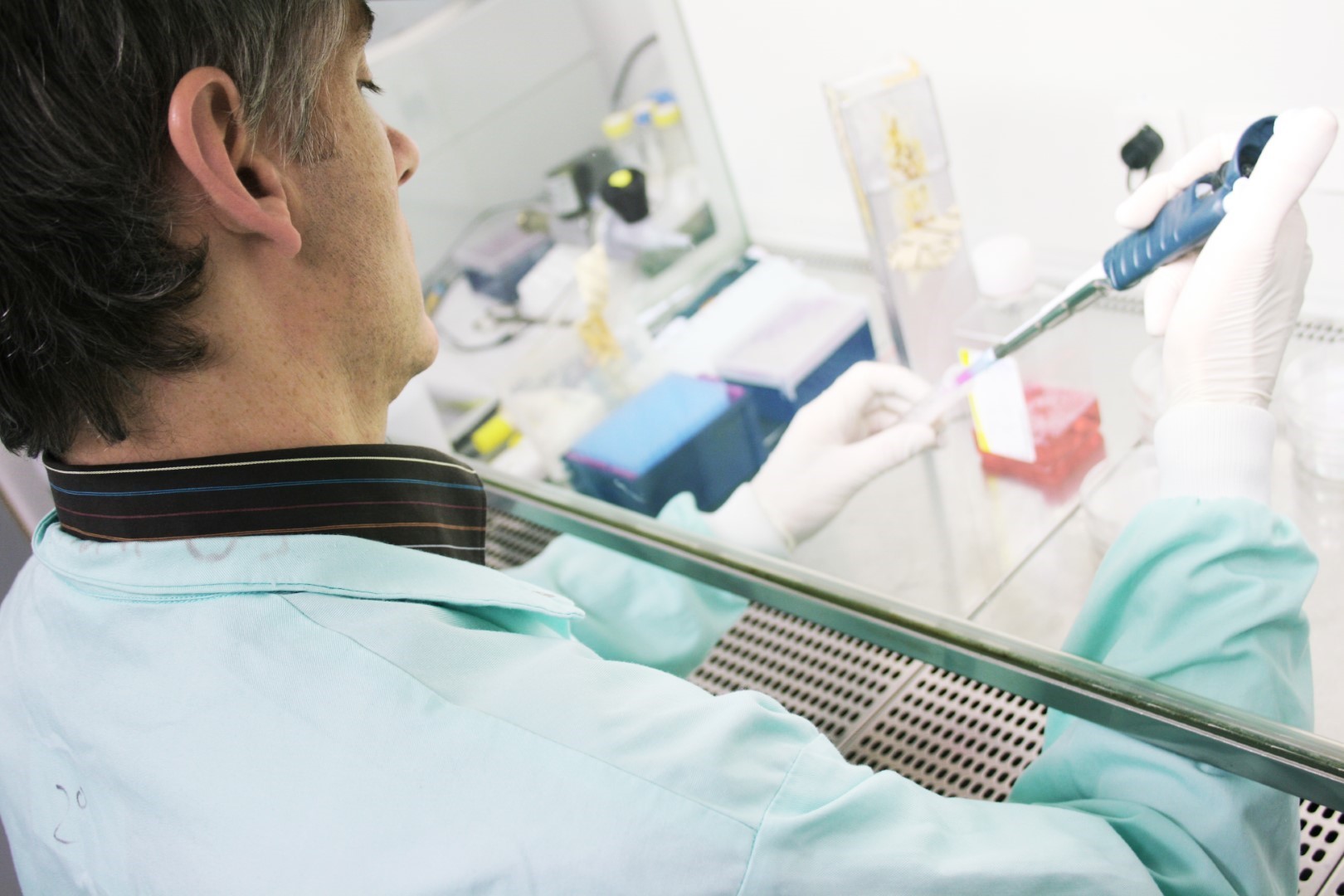Scientists have discovered a molecular link between obesity and breast cancer, and identified a treatment that could help to prevent breast cancer developing.
Scientists have discovered a molecular link between obesity and breast cancer, and identified a treatment that could help to prevent breast cancer developing.

New findings
Scientists from Queen Mary University of London and the Francis Crick Institute used samples from the Breast Cancer Now Tissue Bank to better understand how obesity can contribute to the development of breast cancer at a molecular level.
This helped the researchers to identify a treatment that may reduce the risk of breast cancer, linked with obesity, from developing.
Further studies are needed to understand if this treatment can help women, who may be higher risk due to their weight, reduce their likelihood of developing breast cancer.
Understanding the link
Being overweight or obese after the menopause can increase the risk of developing breast cancer. Putting on weight throughout adulthood also increases the risk of developing breast cancer after the menopause.
While the link between obesity and breast cancer risk is clear, the molecular detail behind this link is not well understood.
Researchers used several different laboratory models, including healthy breast cells donated by 25 women, to understand the molecular link between obesity and breast cancer.
‘We already know that fat cells can attract a type of immune cell, called macrophages, to the breast tissue leading to low-level but long-term inflammation in the breast,’ said Dr Kotryna Temcinaite, Senior Research Communications Manager at Breast Cancer Now. ‘In this study, researchers discovered that molecules released by the immune cells (macrophages) can stimulate breast cells to start processes which can lead to breast cancer.’
The scientists in this study looked at these processes. They found a link between a protein IKK epsilon and a very early stage of breast cancer.
New preventive therapy
Knowing what molecular changes are happening in the breast due to obesity allowed researchers to look at existing drugs that could prevent obesity-related breast cancer.
They found that when the protein IKK epsilon did not work properly, it stopped healthy cells in the breast turning into breast cancer cells.
Drugs that stop the protein IKK epsilon working properly are already used to treat other conditions. For example, a drug amlexanox has been approved to treat recurrent mouth ulcers in the USA. The researchers believe that these drugs could also be used to prevent obesity-related breast cancer as it delayed the appearance of tumours in mouse models of the disease.
‘These are exciting results, we now need further research to understand if drugs like amlexanox could help to reduce women’s chances of developing breast cancer linked to obesity and low-level inflammation in the breast’, added Kotryna.
If you have any concerns about weight and breast cancer risk, you can speak to our breast care nurses using our free Helpline on 0808 800 6000 or email them using our confidential Ask Our Nurses service.
The study was published in the journal EMBO Molecular Medicine.
The Breast Cancer Now Tissue Bank is generously supported by funding from Asda Tickled Pink and the Garfield Weston Foundation.
To find out more about the research we are conducting by visiting our research projects page.